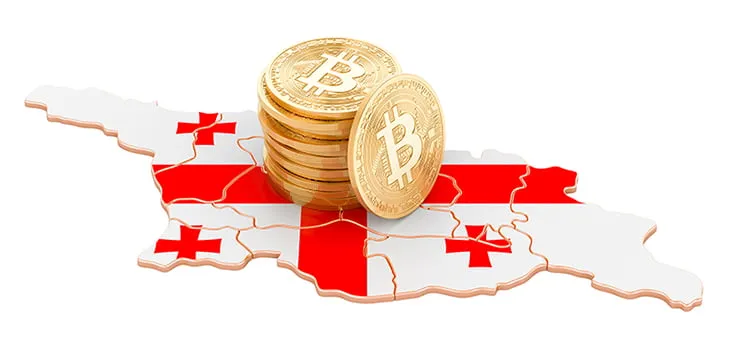|
Getting your Trinity Audio player ready...
|
Georgia is set to become the latest country to comprehensively regulate its nascent digital currency industry. The central bank reveals that it has been working with international partners to draft a new bill that governs the industry.
In an interview with The Financial, the governor of the National Bank of Georgia talked about the state of the country’s financial industry at a time when its neighbor Russia has waged war against Ukraine. Governor Koba Gvenetadze also talked about the state of the local digital currency market and the regulator’s plans for the coming years.
On how big the digital asset market in Georgia is, Governor Koba stated: “Due to the fact that the VASP sector is not regulated at this stage, we do not have accurate data on this issue.”
However, as the governor noted, a September 2020 report published by the Committee of Experts on the Evaluation of Anti-Money Laundering Measures and the Financing of Terrorism found that the monthly transaction volume was between EUR 1 to 1.5 million.
The Georgian digital asset market has been growing steadily for some time now, with its block reward mining expanding even more aggressively. However, the government has yet to regulate the sector despite the growth. But as Governor Koba stated, this lack of regulatory clarity will not last much longer.
“…the NBG is planning to regulate crypto market in Georgia. To this regard we have developed an initial draft of the relevant legislative changes in accordance with Financial Action Task Force requirements,” he noted.
Georgia is working with the Washington-based International Monetary Fund (IMF) to develop its regulatory framework. The IMF has not been the biggest supporter of digital currencies and has constantly sent warnings against their adoption. Most recently, it offered to bail out Latin America’s third-largest economy Argentina for $45 billion, but only under the condition that the government discourages digital currency use.
In February, the IMF claimed that Nigeria’s eNaira could be used for money laundering and terrorism financing. It has also been consistently against El Salvador’s adoption of BTC as legal tender.
While the upcoming regulations will be the first for the country, the government has issued some guidance in the past. It includes banning commercial banks from providing virtual asset exchange and transfer services as well as having digital asset traders labeled as high-risk clients.
Watch: CoinGeek New York presentation, Integrating Business Apps with BSV Blockchain: Europe’s First Large-Scale Adoption

 07-12-2025
07-12-2025 





